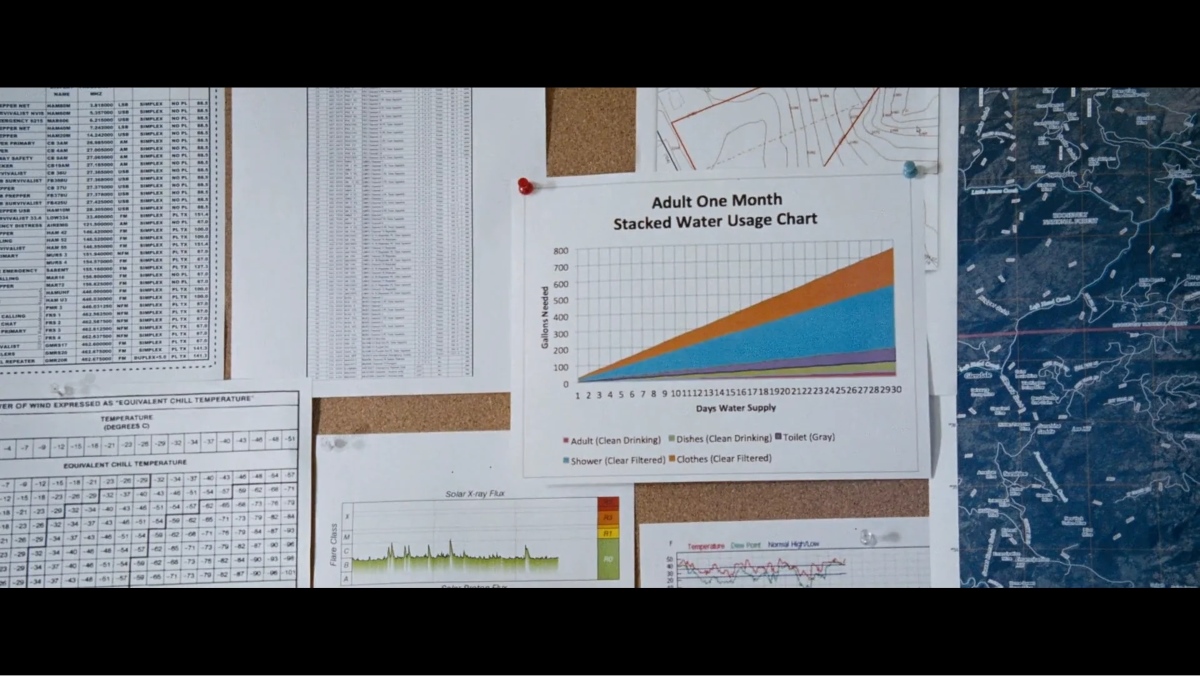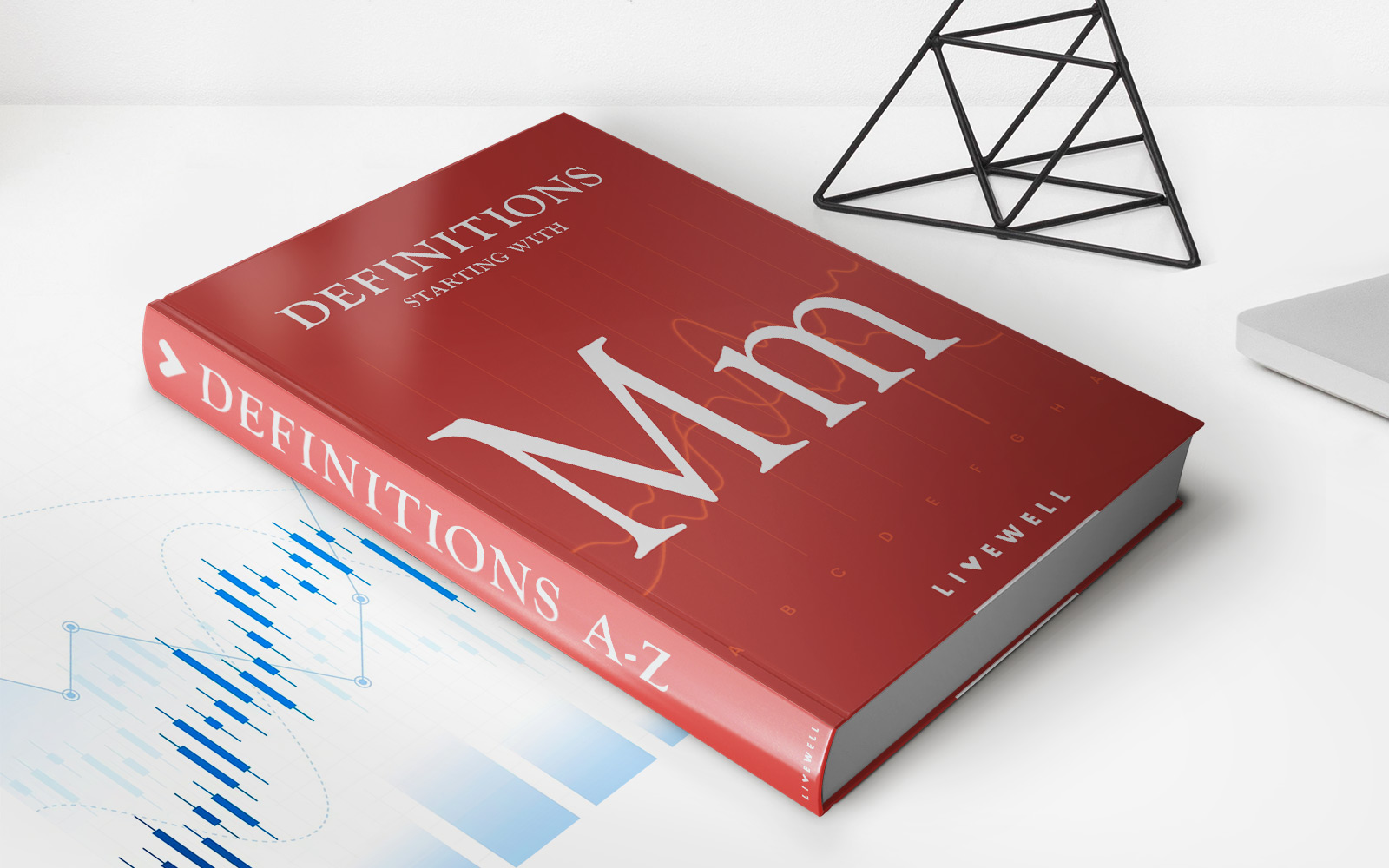

Finance
How Much Is Title Insurance In Michigan?
Modified: February 21, 2024
Find out the cost of title insurance in Michigan and protect your financial investment. Explore options for finance with comprehensive coverage.
(Many of the links in this article redirect to a specific reviewed product. Your purchase of these products through affiliate links helps to generate commission for LiveWell, at no extra cost. Learn more)
Table of Contents
Introduction
Welcome to the world of real estate in Michigan! If you are planning to purchase a property, you have probably heard the term “title insurance” thrown around. But what exactly is title insurance, and why is it important?
Title insurance is a type of insurance that protects both the buyer and the lender from any potential disputes or issues related to the property’s title. When you buy a property, you want to ensure that you are the rightful owner and that there are no legal claims, liens, or other issues that could jeopardize your ownership.
In Michigan, like in many other states, title insurance is a standard part of the real estate closing process. It provides peace of mind for both buyers and lenders by guaranteeing the validity and enforceability of the property’s title.
When you purchase a property in Michigan, a title search will be conducted to uncover any potential issues. This search examines public records, such as deeds, mortgages, and tax records, to verify the legal ownership of the property and identify any existing claims or liens.
While a thorough title search can uncover many potential issues, there are certain risks that may not be identified. This is where title insurance comes into play. Title insurance will protect you from financial loss if any undiscovered issues arise after you have purchased the property.
It’s important to remember that title insurance is different from other types of insurance policies. Rather than covering future events, like a car accident or a fire, title insurance provides coverage for past events that could impact your ownership of the property.
The cost of title insurance is a one-time fee paid during the real estate closing process. The specific cost will vary based on multiple factors, including the purchase price of the property and the type of policy you choose.
In the following sections, we will explore the factors that can affect the cost of title insurance in Michigan, the average cost you can expect, as well as tips for saving on title insurance costs. Let’s dive in!
Understanding Title Insurance
Title insurance is a crucial component of the real estate transaction process. It provides protection and peace of mind to both homebuyers and lenders by insuring against any potential issues or claims related to the property’s title.
When you purchase a property, you are buying the title to that property, which is the legal proof of ownership. However, there may be hidden risks or problems associated with the title that could surface after the transaction is complete.
Title insurance protects against potential risks such as:
- Errors or mistakes in the public record
- Fraudulent claims or forged documents
- Unknown liens or encumbrances on the property
- Boundary disputes or easement rights
Without title insurance, you could be exposed to significant financial loss or even the loss of your property if any of these issues arise. Title insurance covers the cost of defending against any claims and can provide reimbursement for financial losses incurred as a result.
There are two types of title insurance policies: owner’s title insurance and lender’s title insurance.
The owner’s title insurance policy protects the homebuyer and remains in effect for as long as they own the property. It provides coverage for the full purchase price of the property and offers defense against any title claims.
The lender’s title insurance policy, on the other hand, only protects the lender. It is typically a requirement when obtaining a mortgage loan to protect the lender’s investment in the property. The cost of the lender’s policy is generally included in the closing costs of the loan.
It’s important to note that while the lender’s policy is required, the owner’s policy is optional but highly recommended. Without an owner’s policy, you could be left financially responsible for any title issues that arise.
When obtaining title insurance, a title search is performed to uncover any potential issues with the property’s title. This includes reviewing public records, searching for liens or judgments, and confirming the legal ownership of the property.
Once the title search is complete, the title insurance company will issue a title insurance commitment that outlines the conditions and exclusions of the policy. This commitment is reviewed and approved by both the buyer and the lender before the closing process can proceed.
In the next sections, we will explore the factors that can impact the cost of title insurance in Michigan and provide insights into the average costs you can expect to encounter.
Factors Affecting Title Insurance Costs
The cost of title insurance in Michigan can vary depending on several factors. Understanding these factors can help you prepare for the expenses associated with purchasing a property and ensure you are adequately protected.
1. Property Value: The purchase price of the property is a significant factor in determining the cost of title insurance. Generally, the higher the property value, the higher the insurance premium will be.
2. Location: The location of the property can also impact the cost of title insurance. Different regions may have varying levels of risk associated with the title, which can affect the overall premium.
3. Type of Policy: There are different types of title insurance policies available, including standard coverage and enhanced coverage. Enhanced coverage offers additional protection and may come with a higher premium than the standard policy.
4. Lender’s Policy: If you are obtaining a mortgage, you will need to purchase a lender’s title insurance policy. The cost of the lender’s policy is usually included in the closing costs of the loan.
5. Title Search and Examination: The complexity of the title search and examination process can influence the cost of title insurance. If there are more potential risks or issues associated with the property’s title, the premium may be higher.
6. Endorsements: Endorsements are additional coverages that can be added to the title insurance policy to address specific risks or concerns. The cost of endorsements will increase the overall premium.
7. Title Insurance Company: Different title insurance companies may offer varying rates for their policies. It’s important to shop around and compare quotes to find the most competitive premium.
8. Refinance Transactions: If you are refinancing your mortgage, you may be eligible for a discounted rate on title insurance since the property has already been insured in the past.
9. Discounts: Some title insurance companies may offer discounts on their premiums. For example, if you are purchasing an owner’s policy and a lender’s policy simultaneously, you may be able to negotiate a discounted rate.
It’s essential to discuss the factors that may affect the cost of title insurance with your title insurance company or closing agent to get a precise estimate for your specific situation.
Now that you understand the key factors influencing the cost of title insurance, let’s move on to discussing the average cost of title insurance in Michigan.
Average Cost of Title Insurance in Michigan
The cost of title insurance in Michigan can vary depending on the factors mentioned earlier. On average, the cost of title insurance in Michigan is around 0.5% to 1% of the property’s purchase price. For example, if you are purchasing a property for $200,000, you can expect to pay between $1,000 and $2,000 for title insurance.
It’s important to note that this is just an estimate, and the actual cost may be higher or lower based on the specific circumstances of your transaction. Obtaining quotes from different title insurance companies is crucial to compare prices and find the most affordable option.
Another consideration when it comes to the cost of title insurance in Michigan is the one-time premium payment. Unlike other insurance policies that require monthly or annual payments, title insurance is typically a one-time fee paid at the time of closing.
As mentioned earlier, the lender’s title insurance policy, which is usually required for mortgage loans, is included in the closing costs of the loan. This cost is separate from the owner’s title insurance policy, which is optional but highly recommended.
It’s worth noting that while the cost of title insurance in Michigan may seem high, it is a worthwhile investment considering the potential risks associated with the property’s title. Title insurance provides protection and peace of mind by ensuring that you are the rightful owner of the property and that there are no unknown claims or issues that could arise in the future.
Keep in mind that title insurance rates are regulated in the state of Michigan. This means that the premium rates charged by different title insurance companies should be similar. However, it’s still advisable to shop around and compare quotes to find the best rate and coverage for your needs.
Now that we have explored the factors affecting the cost of title insurance and the average costs in Michigan, let’s move on to discuss tips for saving on title insurance costs.
Shopping for Title Insurance in Michigan
When it comes to purchasing title insurance in Michigan, it’s important to approach it as you would any other significant financial decision—by shopping around and comparing options. Here are some tips to help you find the best title insurance policy for your needs:
1. Research Title Insurance Companies: Start by researching reputable title insurance companies in Michigan. Look for companies with a strong reputation, positive customer reviews, and competitive rates.
2. Obtain Multiple Quotes: Reach out to at least three different title insurance companies and request quotes for their policies. This will allow you to compare prices and coverage options side by side.
3. Understand Coverage: Carefully review the coverage and exclusions of each policy. Make sure you understand exactly what is covered and what is excluded to ensure you have sufficient protection.
4. Inquire About Discounts: Ask the title insurance companies if they offer any discounts. For example, some companies may offer discounted rates if you are purchasing an owner’s policy and a lender’s policy together.
5. Look for Bundling Opportunities: If you are also using other services, such as a mortgage lender or real estate agent, check to see if they have any preferred providers or bundled services that could result in cost savings.
6. Compare Closing Costs: Title insurance is just one component of the overall closing costs associated with purchasing a property. Compare the closing costs from different companies to ensure you are getting the best deal.
7. Ask for Recommendations: Seek recommendations from friends, family, or real estate professionals who have recently gone through the home buying process in Michigan. They may be able to provide insights and referrals to reputable title insurance companies.
8. Work with an Experienced Closing Agent: Having an experienced closing agent can make a significant difference in your title insurance experience. They can guide you through the process, answer your questions, and help ensure a smooth closing.
By taking the time to shop around and compare options, you can find affordable title insurance with adequate coverage for your property purchase in Michigan.
Next, let’s explore some tips for saving on title insurance costs.
Tips for Saving on Title Insurance Costs
While title insurance is an essential protection when purchasing a property in Michigan, there are a few strategies you can employ to save on title insurance costs:
1. Shop Around: As mentioned earlier, obtaining quotes from different title insurance companies is crucial. By comparing prices and coverage options, you can find a more competitively priced policy.
2. Negotiate the Premium Rate: Don’t be afraid to negotiate with the title insurance company for a lower premium rate. Sometimes, they may be willing to offer a discount or match a competitor’s quote to win your business.
3. Ask for Reissue Rate: If the property you are purchasing has been previously insured, you may be eligible for a reissue rate. This is a discounted premium rate offered for properties with an existing title insurance policy.
4. Bundle Services: If you are using other services, such as a mortgage lender or real estate agent, ask if they offer any bundled services or discounts when you choose them as your preferred provider for title insurance.
5. Understand Optional Coverages: While the standard title insurance policy is essential, there may be optional coverages that are not crucial to your situation. Understand which optional coverages you can forgo to reduce the overall premium.
6. Ask About Affiliate Rates: Some title insurance companies have affiliate rates, which are reduced premium rates provided to customers referred by certain affiliated professionals, such as real estate agents or mortgage lenders.
7. Question Additional Fees: When reviewing quotes, make sure to ask about any additional fees that may be included in the total cost. Understand what these fees cover and determine if there are any that can be negotiated or waived.
8. Check for Promotions: Keep an eye out for any promotional offers or discounts that title insurance companies may have. These can help you save on the overall cost of your title insurance policy.
Remember, it’s important to strike a balance between finding affordable title insurance and ensuring you have adequate coverage. Going for the cheapest option may not provide the necessary protection in the long run.
By implementing these tips and working closely with your title insurance company and closing agent, you can save on title insurance costs without compromising on the essential coverage you need.
Next, let’s wrap up our discussion on title insurance in Michigan.
Conclusion
When it comes to purchasing a property in Michigan, title insurance is a crucial safeguard that provides protection and peace of mind. It ensures that you are the rightful owner of the property and protects against any potential claims or issues that may arise with the property’s title.
Understanding the factors that can affect the cost of title insurance in Michigan, such as property value, location, type of policy, and endorsements, is essential in preparing for the expenses associated with buying a property. By shopping around, obtaining multiple quotes, and negotiating the premium rate, you can find the best title insurance policy that suits your needs while saving on costs.
Remember to carefully review the coverage and exclusions of each policy and consider investing in an owner’s policy in addition to the lender’s policy for comprehensive protection. Working with an experienced closing agent can also make a significant difference in your title insurance experience.
While the cost of title insurance in Michigan may seem high, it is a worthwhile investment when considering the potential risks associated with the property’s title. By addressing any potential issues upfront and protecting your ownership, title insurance provides you with the confidence to enjoy your property without worrying about future claims.
So, as you embark on your real estate journey in Michigan, make sure to prioritize obtaining title insurance and follow the tips mentioned in this guide to secure the best coverage at a reasonable cost. Protecting your investment and your ownership rights is a crucial step in ensuring a smooth and successful real estate transaction.
Now that you are well-informed about title insurance in Michigan, you can approach the purchasing process with confidence and make informed decisions to protect your interests.














